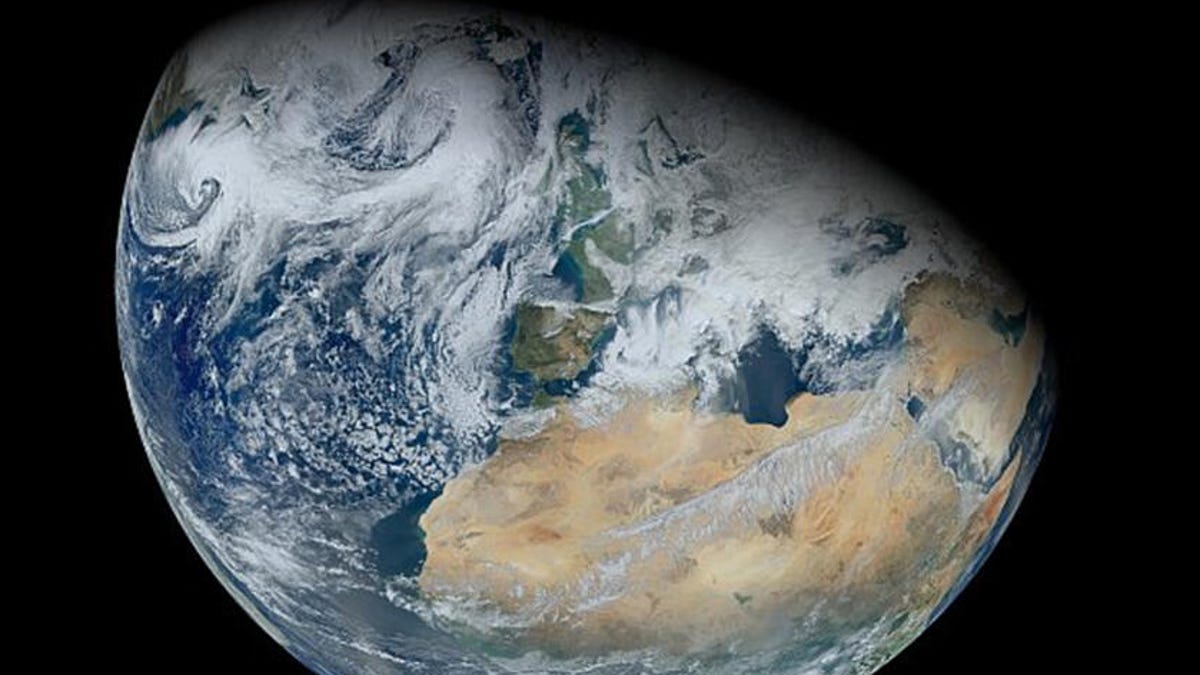Climate scientists say 2020 tied with 2016 for warmest year on record
A devastating year has another unfortunate claim to fame.

This is our one planet.
The trend has been clear for some time: Our planet is getting warmer. The latest piece of evidence comes from the European Union's Copernicus Climate Change Service, or C3S, which announced Friday that 2020 tied with 2016 for the hottest year on record on a global scale.
The entire past decade has been unprecedented for global temperatures. "This makes the last six years the warmest six on record," C3S said in a statement. Last year was also the warmest on record for Europe, topping the previous record from 2019. According to NASA, "global temperature records start around 1880 because observations did not sufficiently cover enough of the planet prior to that time."
C3S pointed out the Arctic and northern Siberia as regions that saw some of the largest annual temperature deviations from average in 2020. This warming trend is having an impact on Arctic Indigenous communities and has even triggered a baby boom in wolf spiders in the region.
Yes, 2020 was hot. This graphic shows air temperature at a height of two meters for 2020, shown relative to its 1981–2010 average. Source: ERA5.
Even Antarctica saw wildly high temperatures early in 2020.
The planet has witnessed a series of devastating events in recent years that may be connected to climate change , including an increase in damaging wildfires and the appearance of stronger storms. In 2020, the western US burned while a record-breaking Atlantic hurricane season impacted the east.
NOAA and NASA usually release an assessment of the previous year's temperatures in January as well, so we can expect those agencies to weigh in soon. Global temperatures are tracked using satellite data, climate models and statistical analysis.
Matthias Petschke of the European Commission's Directorate-General for Defence Industry and Space called for the global community to come together to combat climate change. "The extraordinary climate events of 2020 and the data from the Copernicus Climate Change Service show us," Petschke said, that we have no time to lose."

